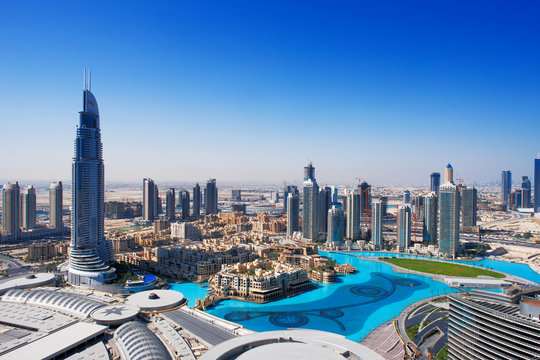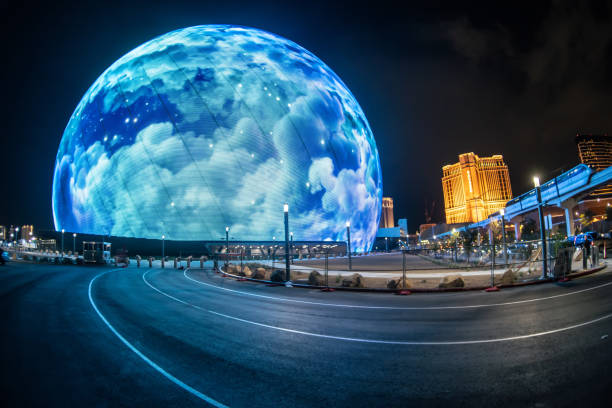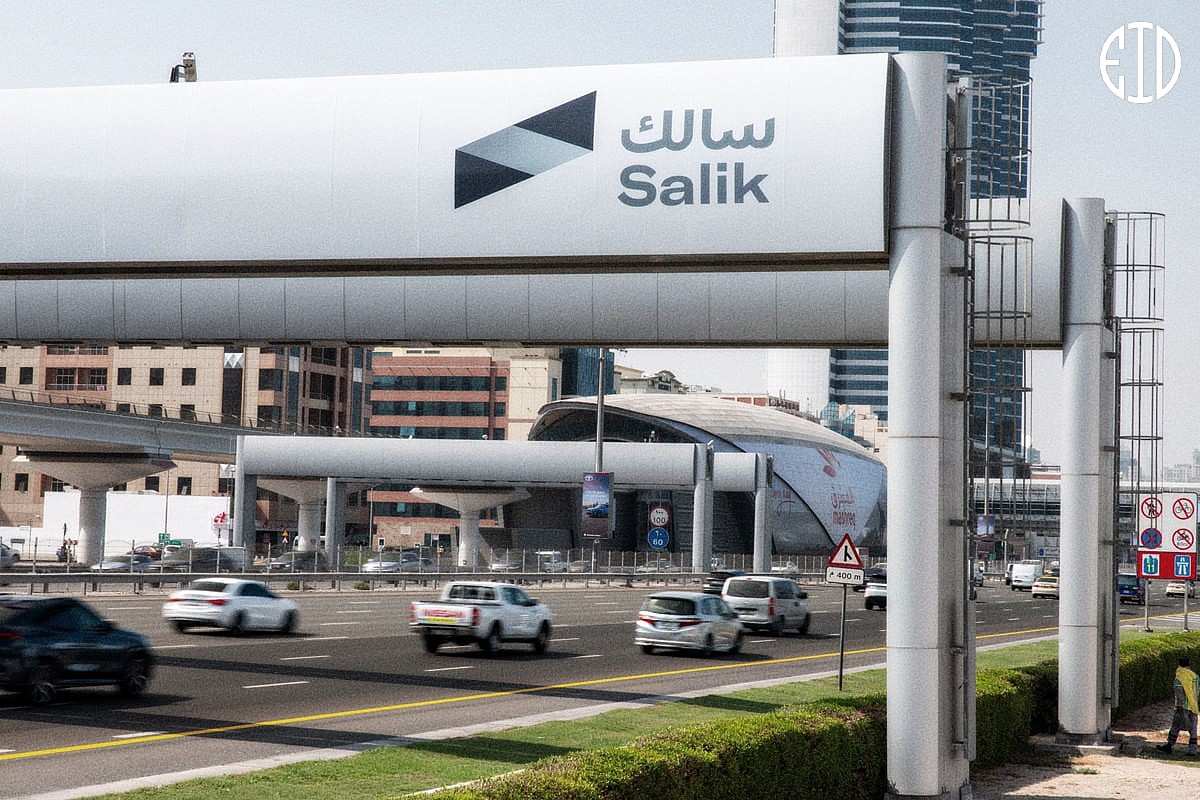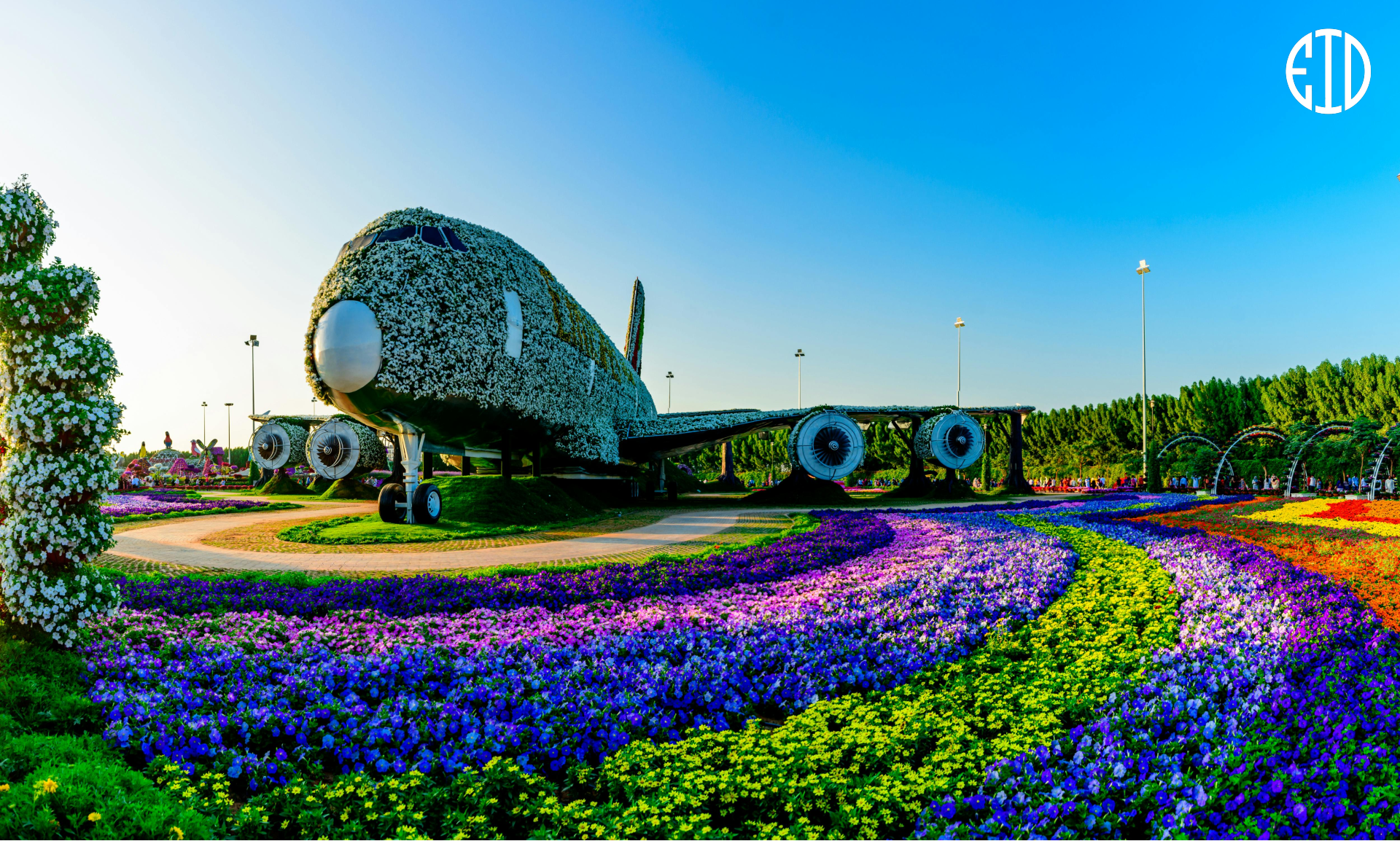Dubai has firmly established itself as a leading global business hub, attracting entrepreneurs and multinational corporations from around the world. This report explores the key factors that have contributed to Dubai’s transformation into a thriving center for commerce and innovation.
Historical Context
Before the discovery of oil, Dubai’s economy relied on trade, particularly in pearl fishing. Since then, the city has diversified its economy significantly, evolving into a powerhouse that encompasses various sectors, including tourism, finance, and real estate. Today, it is often referred to as the “City of Gold,” reflecting its status as a major player in the global market.
Strategic Location
One of the primary reasons for Dubai’s success as a business hub is its strategic geographical location. Situated at the crossroads of Europe, Asia, and Africa, Dubai serves as a vital link for trade and commerce. The city boasts major ports, such as Jebel Ali, which is the ninth busiest port globally, facilitating efficient shipping and logistics.
Economic Diversification
Dubai has made significant strides in diversifying its economy beyond oil and gas. Key sectors contributing to its growth include:
- Tourism: With around 15.93 million foreign visitors annually, Dubai ranks among the world’s top tourist destinations, offering a blend of luxury, culture, and entertainment.
- Real Estate: The real estate sector has flourished, with iconic developments like the Burj Khalifa and Palm Jumeirah attracting both residents and investors.
- Finance and Trade: Dubai has developed a robust financial sector, housing numerous banks, financial institutions, and trade organizations.
Business-Friendly Environment
Dubai’s government has implemented various policies to create a conducive environment for businesses. Key initiatives include:
- Free Zones: Dubai has established multiple free zones that allow for 100% foreign ownership and provide tax exemptions, making it easier for international businesses to set up operations.
- Regulatory Ease: The streamlined business registration process and favorable labor laws attract foreign investment and talent.
- Tax Benefits: Dubai offers a tax-free environment for businesses, with no corporate taxes on profits and no personal income tax, enhancing profitability for entrepreneurs.
Diverse Workforce
The city boasts a diverse and skilled workforce, with approximately 90% of its population being expatriates. This multicultural environment fosters innovation and collaboration, allowing businesses to tap into a wide range of skills and expertise.
Infrastructure Development
Dubai’s world-class infrastructure supports its status as a global business hub. The city features:
- Modern Transportation: The world’s busiest airport and a well-connected road network facilitate easy movement of goods and people.
- Technological Advancements: Initiatives like Dubai Internet City promote tech innovation, housing over 1,600 businesses, including Fortune 500 companies.












